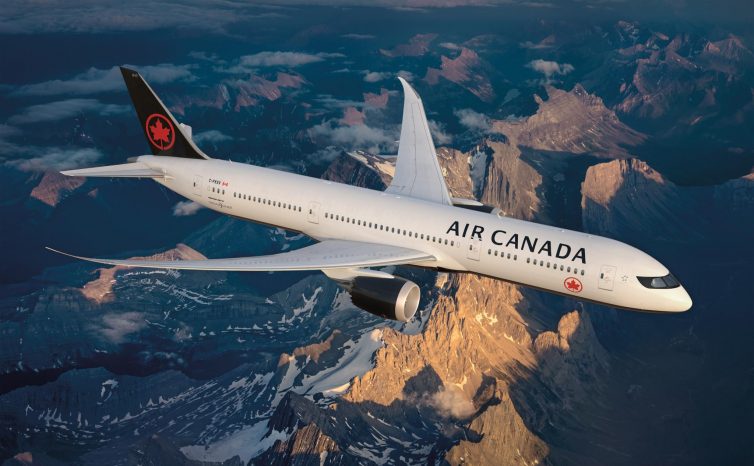In a crucial development that will keep Canada’s largest airline operating smoothly, Air Canada and the Air Line Pilots Association (ALPA) reached a tentative agreement early Sunday morning, narrowly avoiding what could have been a devastating strike or lockout. The new four-year collective agreement, which comes after 15 months of intense negotiations, is set to significantly improve working conditions and pay for the airline’s more than 5,200 pilots, while also preventing widespread disruptions to national air travel.
Without the deal, Air Canada had been on the brink of a nationwide shutdown. The airline was preparing to progressively cancel flights over a three-day period, culminating in a complete halt to all operations by 12:01 a.m. EDT on Wednesday, September 18. Such a move would have impacted nearly 670 flights per day, affecting over 110,000 passengers daily and severely disrupting the transport of goods across the country.
Now, with the agreement in place, Air Canada and its low-cost subsidiary, Air Canada Rouge, will continue flying as normal. The airline has reassured its customers that no disruptions will occur, allowing passengers to travel without concern over potential cancellations. However, the specific terms of the agreement remain confidential as they are subject to a ratification vote by ALPA members. The voting process is expected to conclude over the next month, but early indications suggest that the deal will be well-received by the pilots.
The financial implications of the new agreement are substantial. ALPA has estimated that the deal is worth an additional C$1.9 billion (US$1.4 billion) over the four-year term, representing a 46% increase from the previous contract, which expired in September 2023. This marks a significant win for the pilots, who have long been advocating for better pay and working conditions.
Charlene Hudy, chair of the Air Canada ALPA master executive council, expressed relief that progress was finally made after a grueling negotiation process. “After several consecutive weeks of intense round-the-clock negotiations, progress was made on several key issues including compensation, retirement, and work rules,” Hudy said. These core issues had been at the heart of the dispute, as pilots sought to close the gap between their pay and the higher wages earned by their U.S. counterparts at airlines such as United.
Indeed, the pay disparity between Canadian and U.S. pilots has grown increasingly stark in recent years. While U.S. airlines have enjoyed a post-pandemic surge in demand, their pilots have successfully negotiated significant wage increases. For example, United Airlines pilots recently secured a 42% pay raise, with some earning 92% more than their counterparts at Air Canada. By contrast, in 2013, the pay gap between the two groups was just 3%.
The Canadian government played a more hands-off role in this dispute compared to previous labor conflicts. Prime Minister Justin Trudeau confirmed last week that his administration had no plans to intervene, despite taking decisive action in a recent rail strike involving Canadian Pacific Kansas City and Canadian National Railway. Labor Minister Steve MacKinnon praised the parties for working diligently to reach a resolution, noting that the agreement had prevented significant disruptions to travel for Canadians.
Air Canada had initially offered a 30% wage increase, along with enhanced pension and health benefits, but the pilots’ union rejected the proposal, arguing that it did not adequately address their concerns. The pilots have been working under a contract that was first negotiated in 2014, and the union had been pushing for better pay, improved retirement benefits, and more favorable work rules to reflect the changing demands of the airline industry.
While the exact details of the new agreement remain undisclosed, the deal appears to offer meaningful improvements in these areas. Once ratified, the contract will bring relief to Air Canada’s pilots and passengers alike, ensuring the continued smooth operation of Canada’s largest airline.






